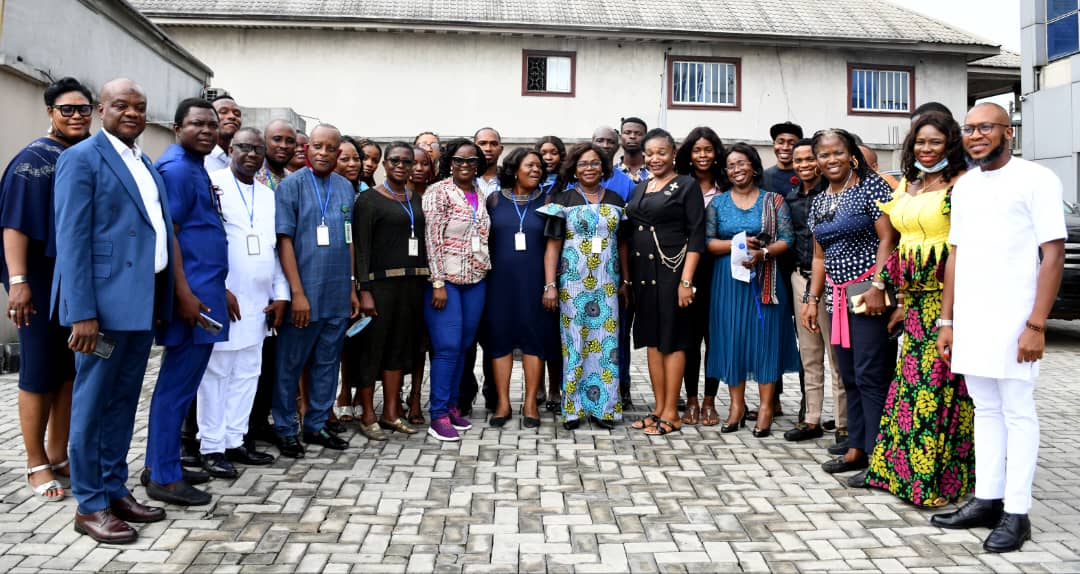
PIND Foundation is partnering with the Center for Gender and Development Studies (CGDS), University of Port Harcourt, River States to advocate a stop to the targeted killing of women and girls for ritualistic purposes in the Niger Delta. On March 21, 2022, both organizations brought together 31 stakeholders from various organizations to analyze, brainstorm and build a consensus on how best to tackle the problem.
PIND’s Peacebuilding Manager, David Udofia, stated that PIND’s decision to campaign against the issue was based on data gathered through our Partners for Peace (P4P) peace maps which showed that over 150 incidents of ritual-related killings were reported in in the Niger Delta region between January 2018 and December 2021.
“This campaign is also in line with PIND’s overarching goal to create a peaceful and enabling environment for businesses to thrive in the Niger Delta,” he added.
The high point of the meeting,which was held at PIND Foundation’s office in Port Harcourt, was the discussion of the roles and the actions of key stakeholders toward ending the killings of women and girls for ritualistic purposes. Participants also highlighted challenges or limitations in embarking on their roles or actions against the killings.
The discussions led to the following consensus on what could be done:
- The media should embark on massive awareness and information dissemination on the issue to raise public consciousness using all forms of platforms including social media. Although the cost of media engagement was highlighted as a challenge, the media was encouraged to prioritize the issue and carry out investigations that would be useful to unravel the problem.It was also suggested that the media should do better to get information through investigative journalism. Other suggestions on what the media can do includes; creating reporting lines for victims or witnesses to report incidents, following up with stories till the end, creating support groups, take up the issue as part of their corporate social responsibility, and so on. Other organizations were also encouraged to budget for media activities and reporting on the issue, support social media campaigns and utilize traditional mediums such as radio jingles and town criers.
According to Dr. Lilian Okonkwo-Ogabu of the Nigeria Association of Women Journalists (NAWOJ), “There is need for the media to have access to information on the killing of women and girls so they can pass it across, as this will help other people to be aware and conscious of their safety”.She said the victims or survivors need to speak out as the first step to trigger further actions by the media and law enforcement agencies.
- Traditional and religious institutions should desist from condoning evil or bad characters of their members. They should speak up when members live very suspicious lifestyles of affluence that do not correspond with their occupation.
Rev. Godswill Keenam said, “The church and the home have a very vital role to play. When somebody who is not working comes to the church with ₦20,000,000, what should the man of God do? Everybody is in a hurry these days and we need to stop it… We need to go back to doing the right things. The church should stand for the truth and also pray because some of these things are spiritual”.
Prof. Nsirim-Worlu, the Director of the CGDS also enjoined the traditional institutions to give more room for women participation in leadership and allow their voices to be heard, as this will encourage them to speak out more when they find themselves in dangerous situations.
- CSOs should embark more on collaborative efforts with other stakeholders in their interventions, and on trainings and sensitizations for the youth to enhance skills for economic empowerment. They should also organize programs that teach women and girls skills like self-defence and soft skills like self-confidence and determination, while also driving a change of mindset through film documentaries that discourage the acts.
The Chairman of Rivers State CSOs, Enefaa Georgewill,added that conversations on the problem should be had in churches, mosques and traditional religious settings. Neighbourhood rallies can also be conducted in higher institutions and residential areas.
Dr.Hilda Desmond-Ihekaire, the Coordinator, African Women Lawyers Association, Rivers State Chapter, said women and girls can prevent themselves being victims by “Having value for themselves, having security awareness knowledge, and equipping themselves with technical skills that will provide them income.”
The Assistant Commissioner, State Criminal Investigation Department, Rivers State,ACP Olayinka Ajeigbe noted that for the security agencies and the government to be effective, cases of violence against women and girls must be reported on time and families should not withdraw criminal cases after filing them. They should also endeavour to follow up on reported cases to support the work of the law enforcement agencies. He said “The killings are done to gain material wealth.”
He, however, added that based on their investigations,“The ritual killings do not work and are fake. They are initiated by criminal gangs who ask new members to commit acts of murder and submit body parts so that they are initiated into the groups and are bound by an oath of silence after which they will indulge the persons in serious crimes as the actual source of their so-called wealth.” He urged parents, religious and traditional leaders to impart positive family and societal values, while the media (including music and movie makers) should pass messages that do not encourage ritual killings.
Barr. Mrs. Uchechukwu Uriri – the Permanent Secretary, Rivers State Ministry of Women Affairs noted that reports of incidents should be made to the National Gender Board of the Federal Ministry of Women Affairs to enable them to take action. She also requested that PIND collaborates with the Ministry for more impact.
Mr. Young Ayotamuno who is the Rivers State Director of the National Orientation Agency also reported efforts already embarked on to stop the ritual killings in Rivers State and the Niger Delta and invited stakeholders to partner with them to enable them do more towards their reorientation efforts at the grassroots.He noted that the problem is about value reorientation and that they are at the forefront of changing the narrative through social media dialogues, radio engagements, secondary and primary school programs at the grassroots and collaboration with Rivers State University Students Union Government (SUG), etc.
Speaking from the perspective of youths, Jennifer Amadi who is the West African Liaison of the Coalition of Feminists for Social Change advised, “The solutions to preventing the ritualistic killings should adopt the intersectional framework.”
She said since multiple social categories (e.g., race, ethnicity, gender, sexual orientation, socioeconomic status) exist, they must be considered in tackling the menace of ritualistic killings in the region. She went further to advice that young people should be contented with what they have while working hard to cater for their needs through positive means. Gift Ubabuike – the SUG president of UNIPORT highlighted their efforts at orienting students on best behavioral practices while collaborating with other concerned organizations. Another representative from the student body reiterated the need for parents to intensify their efforts at proper child upbringing and that the government should ensure that criminals are prosecuted to serve as deterrence to others.
The discussions and suggestions of the stakeholders brought to the fore some potential solutions to the problem of targeted killing of women and girls for ritualistic purposes. These findings will lead to further engagements and actions that will significantly curb the problem through improving commitment by security agencies, increasing media awareness, expediting justice for victims, improving community awareness/vigilance, improving parenting and leadership by religious and traditional institutions and better behavioural attitude from the youth.
The stakeholders’ engagement was coordinated by the Capacity Building Coordinator of PIND’s Peacebuilding Program, Chukwudi Njoku; PIND’s Advocacy Program Coordinator, Ebenezar Wikina; and Rita Kigbara, a student of CGDS, UNIPORT.
The objectives of the stakeholders’ engagements were to Increase the commitment of stakeholders who in attendance, such as representatives of security and surveillance agencies, civil society organizations (CSOs), government agencies, media houses, traditional and religious leaders, the Judiciary, academia, youths, etc., to respond appropriately to the problem of targeted killing of women and girls for ritualistic purposes. The engagement also aimed to increase community awareness of the problem, as well as increase media reportage on the issue.
The growing prevalence of targeted killings of women and girls for rituals is a serious threat to human security. The situation is seemingly driven by a growing demand for human body parts for money-making occult rituals and has the potential to reinforce harmful cultural beliefs and practices that could endanger the safety and security of women and girls. This could have far-reaching socio-economic and political repercussions in Rivers State and the Niger Delta region at large.
The killing of women and girls for rituals could also have devastating psychosocial consequences. This malevolent practice could reduce respect for human life and cause a relapse of ethical and moral standards in the society. This could reinforce other harmful cultural beliefs and practices that can undermine the value of women, and intensify gender-based violence. This menace could also cause panic and insecurity that could destabilize communal stability and social wellbeing.
Widespread killing of women for rituals could inhibit economic activities such as trading and farming, and cause loss of livelihoods and food insecurity. The demand for human parts could also evolve into an underground economy that could undermine legitimate businesses and reduce government revenue from taxation. The prevalence of ritual killings could also cause public disaffection with government efforts to protect human rights and ensure public security. This could cause violent protests and unrest that could disrupt governance.
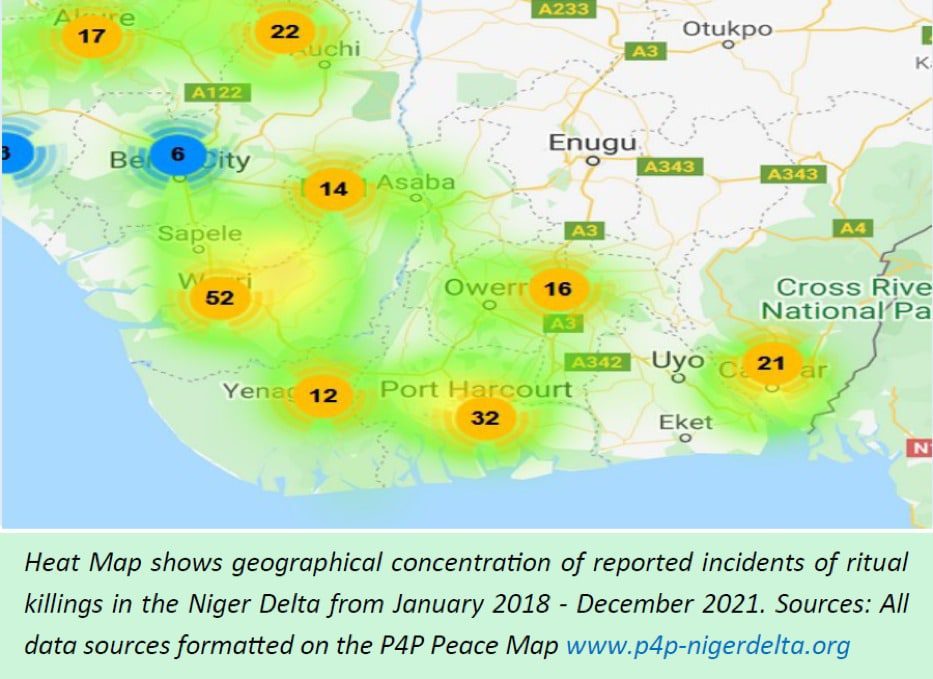
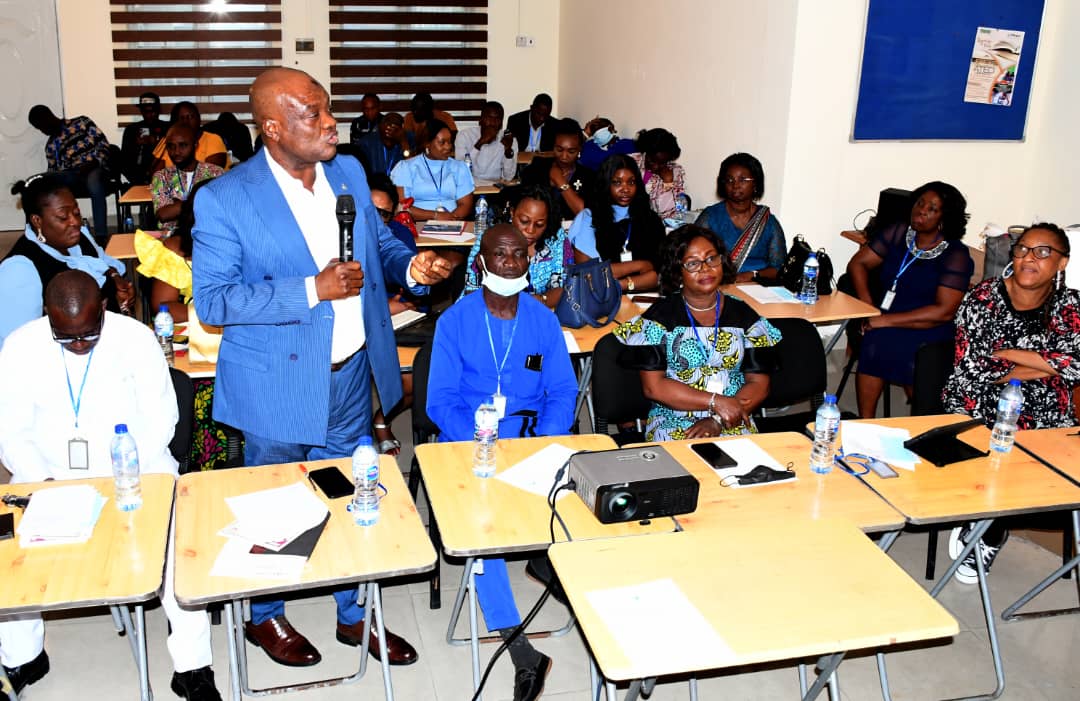
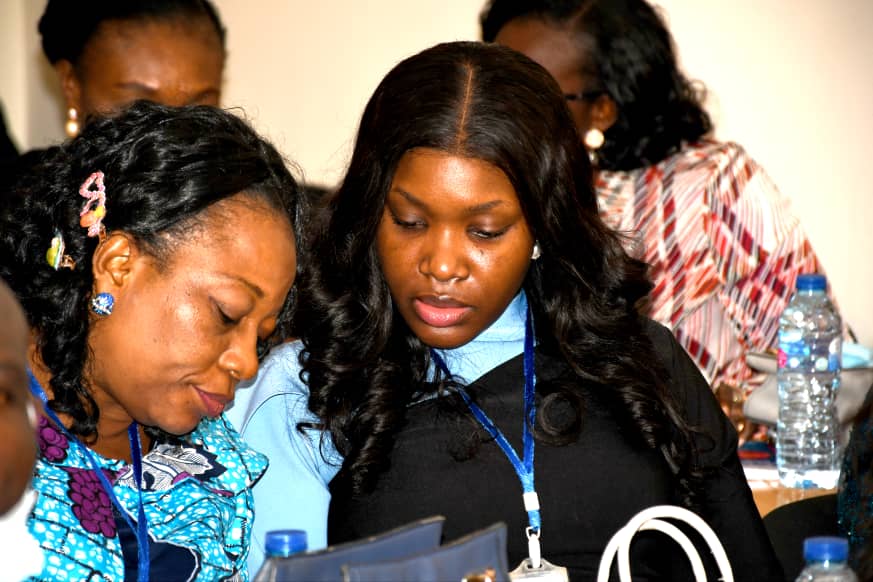
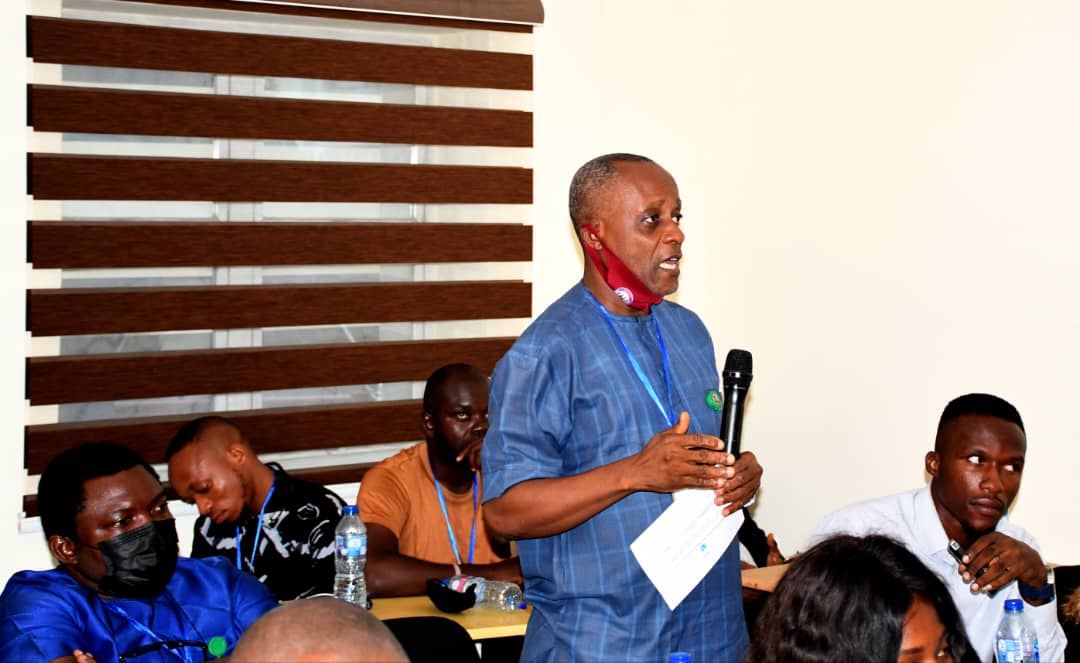
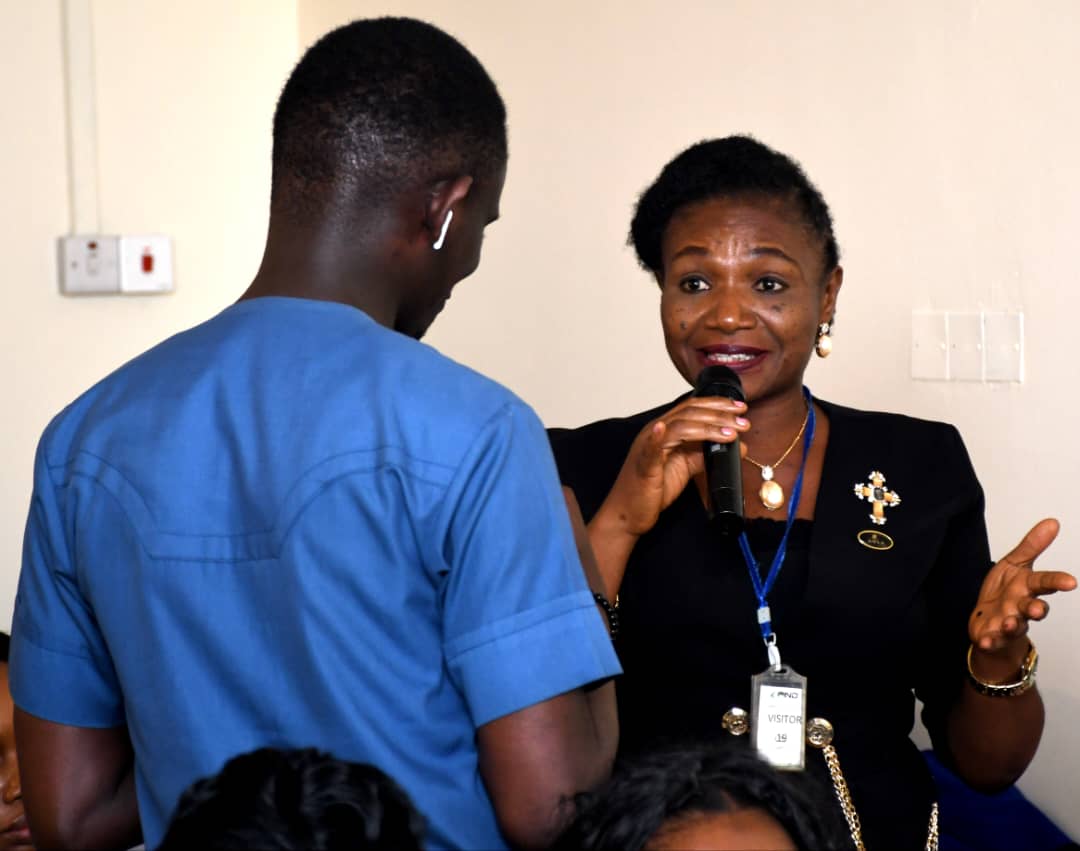

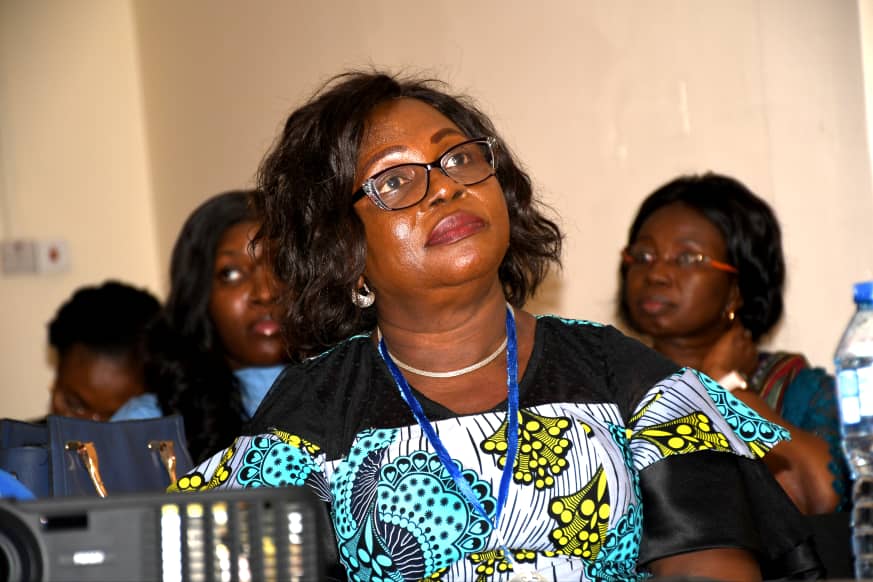




Good day, sir. I would like to work with your organization, the PIND. How can I apply or send my CV? I hold a postgraduate degree in Sociology and have passion for peace-building.
Hello Obebinaru,
We are glad that you will like to work with PIND.
All opportunities from PIND are advertised here on our website and social media platforms.
You can follow us on social media if you already are not using @pindfoundation across all platforms.
We encourage you to apply for any opportunity that you see that fits your skill set and educational background.
We wish you all the best.
Matthew Smart,
Communications Coordinator, PIND.